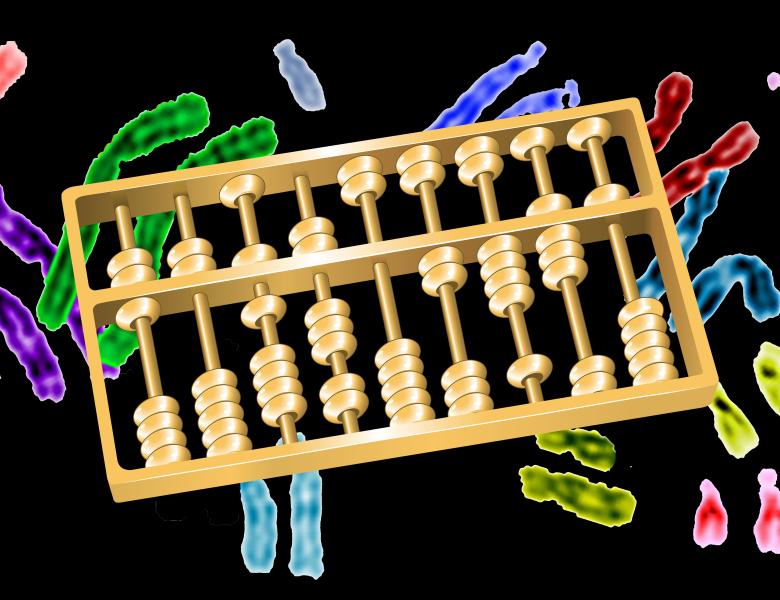Image

Cancer progression is an evolutionary process characterized by the accumulation of mutations and responsible for tumor growth, clinical progression, and drug resistance development. Evolutionary theory can be used to describe the dynamics of tumor cell populations and to make inference about the evolutionary history of a tumor from molecular profiling data. We present recent approaches to modeling the evolution of cancer, including population genetics models of tumorigenesis, phylogenetic methods of intra-tumor subclonal diversity, and probabilistic graphical models of tumor progression.